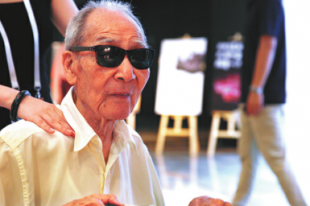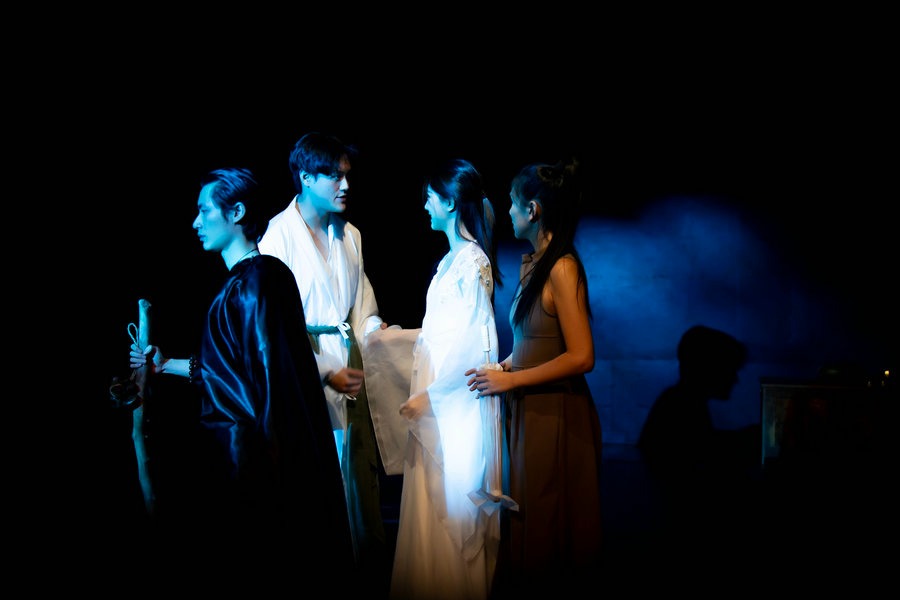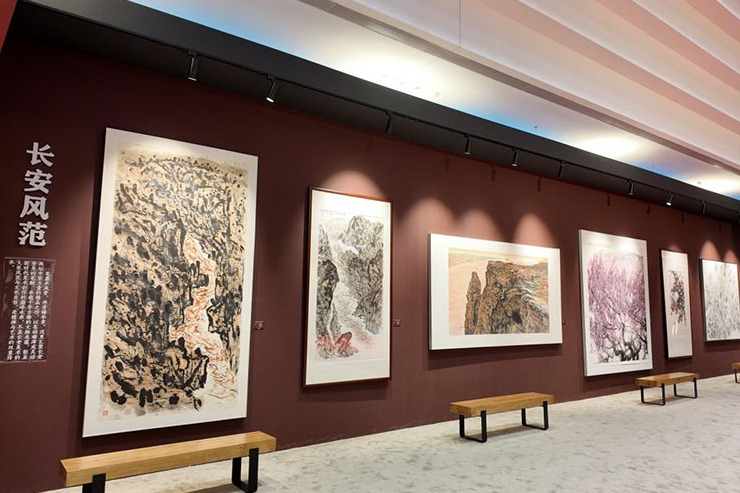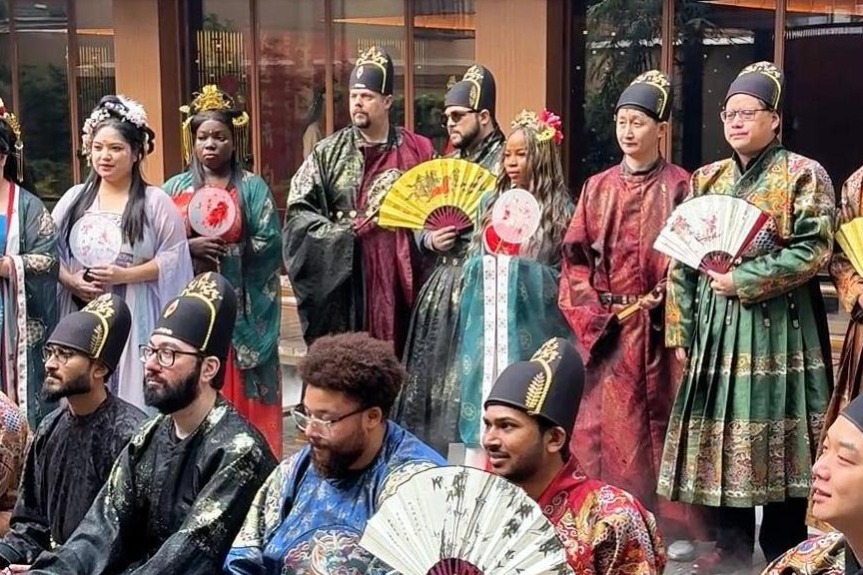Documentary week shows interest in real-life stories

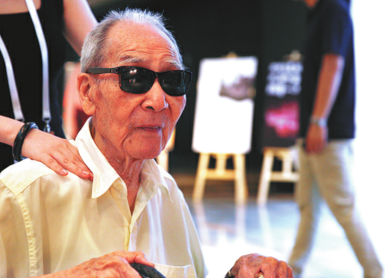
When the second Beijing Documentary Week kicked off at the China Millennium Monument last week, 97-year-old translator Xu Yuanchong arrived in a wheelchair.
As the first Asian winner of the Aurora Borealis prize, the world's highest honor in the field of translation, Xu is the "protagonist" of My Legacy and I: Xu Yuanchong, a documentary that opened the annual event.
The documentary is part of the 10-episode TV series My Legacy and I, which recounts stories of 10 celebrities, including actor Pu Cunxin, dancer Yang Liping, artist Cai Guoqiang and Demos Chiang, a great grandson of former Kuomintang leader Chiang Kai-shek.
Xu attended the premiere for a simple yet emotional reason-to see his late wife Zhao Jun again on the big screen. Zhao, who married Xu in 1959, passed away on June 15 in Beijing.
In the 40-minute documentary, a series of trivial moments between the couple were captured on camera to reveal the lesser-known side of the world-renowned translator.
One scene shows how he fell from his bicycle and got injured after a night of hanging out in Peking University. Even though he had to stay in hospital for two weeks, Xu depicts the fall as poetically beautiful, because the accident occurred in an alley flooded by moonlight.
Held by Beijing Municipal Bureau of Press, Publication, Radio, Film and Television, the seven-day event runs through Thursday. Over the course of the week, nine cinemas and five art venues screened 52 acclaimed documentaries, which were selected from more than 1,000 entries.
Highlights included Still Tomorrow, a biographical documentary about Chinese poet Yu Xiuhua; Chinese Heavyweight, about a boxing coach and his two students from rural China; The Verse of Us, which follows six working class poets; and Sky Ladder: The Art of Cai Guoqiang, which documents the works of the eponymous artist.
Additionally, an exhibition has broadcast 40 documentaries, one produced each year from 1978 to 2018, to reflect the strides China has made, thanks to its reform and opening-up.
Aside from the screenings, the event also hosted a string of forums to look into the history of documentary production in China and the future of documentaries in the digital era.
Thanks to the rapid expansion of the Chinese film industry, documentary-a somewhat marginalized genre-has also seen a rise in audience interest, and with it, market share, in recent years, says Wu Wenfeng, editor-in-chief of the documentary channel on streaming service iQiyi.
"Up until 2015, documentaries released online relied on pre-run advertisements to make some profit, but now viewers are willing to pay to see the content," explains Wu.
However, for Zhang Zhaowei, a documentary director known for the series, Who Are Singing Their Songs Over There, budding documentary makers need to polish their skills. He suggests that they spend time reading novels or viewing art in order to hone their aesthetic taste, which he believes is an essential part of storytelling.
"What happens today will become history tomorrow," says Gao Changli, director of the publicity department with the State Administration of Press, Publication, Radio, Film and Television. "Documentaries are very important in the recording of history."


